Introduction
When it comes to setting up a solar power system, choosing the right battery voltage is a critical decision that can significantly impact the efficiency and performance of your system. In this blog post, we will compare three common battery voltages - 12V, 24V, and 48V - and explore the mathematical calculations behind each option to help you make an informed decision for your solar system.
Advantages of a 12V Battery System
A 12V battery system is commonly used in smaller solar installations like RVs, boats, and tiny off-grid cabins. It is widely available and relatively affordable. Additionally, 12V systems are compatible with a variety of solar charge controllers and inverters, making it easier to find suitable components for your setup.
Advantages of a 24V Battery System
A 24V battery system offers several advantages over a 12V system. Firstly, it allows for longer cable runs with reduced voltage drop, which is beneficial for larger installations. Moreover, a 24V system requires less current to transmit the same power compared to a 12V system, resulting in lower resistive losses and improved overall efficiency. Additionally, a 24V system can handle larger loads and is well-suited for medium-sized residential or commercial solar installations.
Advantages of a 48V Battery System
For larger-scale solar systems, a 48V battery system is often preferred. Similar to the 24V system, a 48V setup allows for even longer cable runs with reduced voltage drop. With higher voltage, the system can transmit the same power with even lower current, resulting in minimal energy losses and optimized system efficiency. Additionally, 48V systems can support larger loads and are commonly used in industrial or commercial solar installations.
Mathematical Calculations for Power Transmission Efficiency
To further understand the efficiency gains associated with different battery voltages, let's explore the mathematical calculations using the formula P = VI (Power = Voltage × Current).
12V Battery System:
Assuming a power demand of 5000W:
Current = Power / Voltage = 5000W / 12V ≈ 416.67A
24V Battery System:
Current = Power / Voltage = 5000W / 24V ≈ 208.33A
48V Battery System:
Current = Power / Voltage = 5000W / 48V ≈ 104.17A
These calculations demonstrate that the 48V system can transmit the same power with half the current compared to the 24V system and one-fourth the current compared to the 12V system. This reduction in current results in lower resistive losses and improved overall system efficiency.
Considerations for Choosing the Best Battery Voltage
- System Size and Load: Determine the size of your solar system and the power demands of your appliances. Smaller systems with lower power requirements may work well with a 12V battery, while larger systems with higher power demands may benefit from a 24V or 48V system.
- Wiring and Voltage Drop: Consider the distance between your solar panels, batteries, and inverters. Higher voltage systems like 24V or 48V are better suited for longer cable runs, as they experience less voltage drop compared to a 12V system.
- Component Compatibility: Ensure that the solar charge controller, inverter, and other system components you choose are compatible with the chosen battery voltage. Compatibility is crucial to ensure proper functioning and efficient energy conversion.
- Cost and Availability: Assess the cost and availability of batteries and other components for different voltage systems. While 12V batteries may be more accessible and affordable, 24V and 48V batteries offer advantages in terms of system efficiency and performance.
Conclusion
Selecting the optimal battery voltage for your solar system is crucial for maximizing efficiency and performance. While a 12V system is suitable for smaller setups, a 24V or 48V system offers increased efficiency and the ability to handle larger loads. Consider factors such as system size, wiring requirements, component compatibility, and cost when making your decision. By carefully evaluating these factors and understanding the calculations behind power transmission efficiency, you can determine the best battery voltage that aligns with your specific solar system needs.




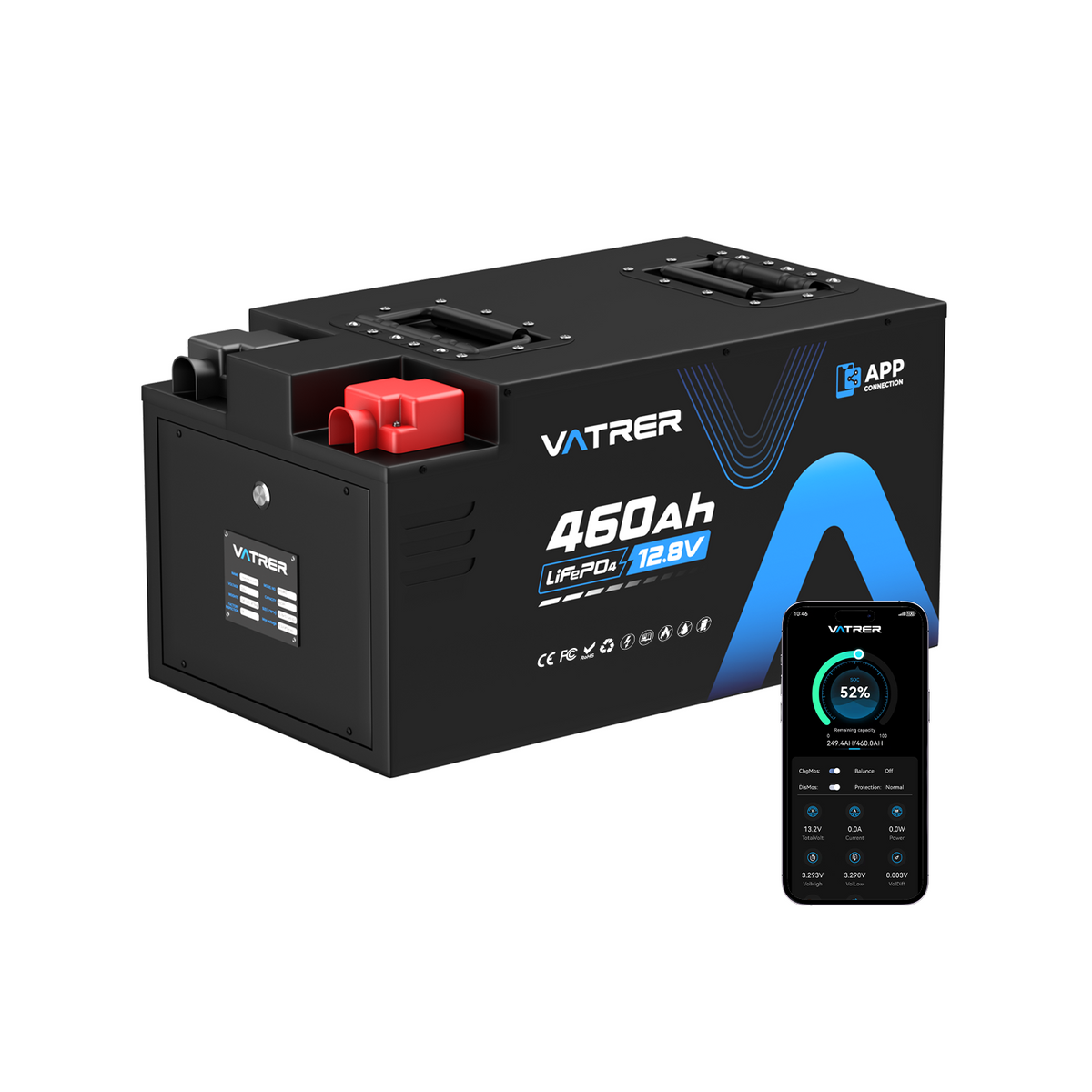
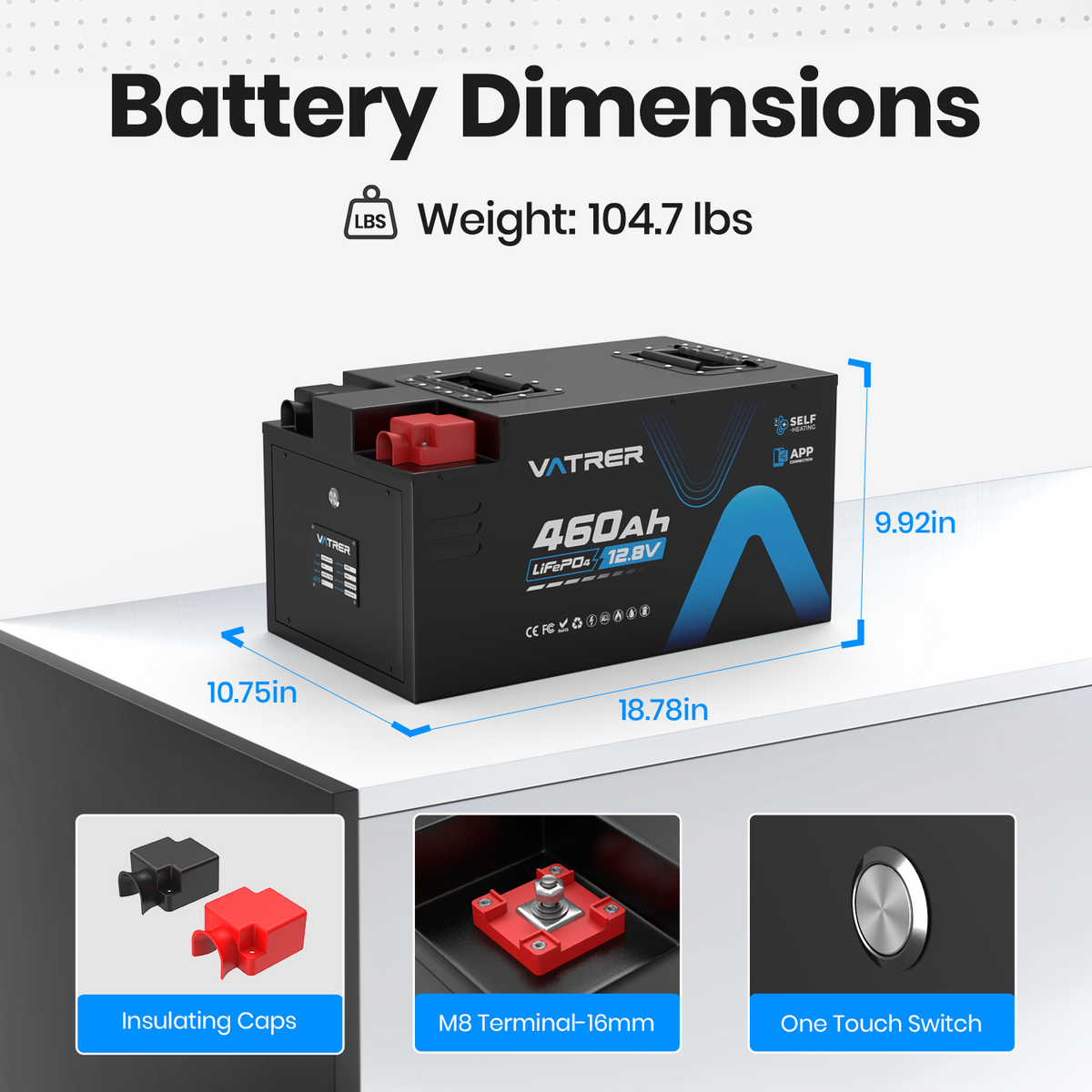
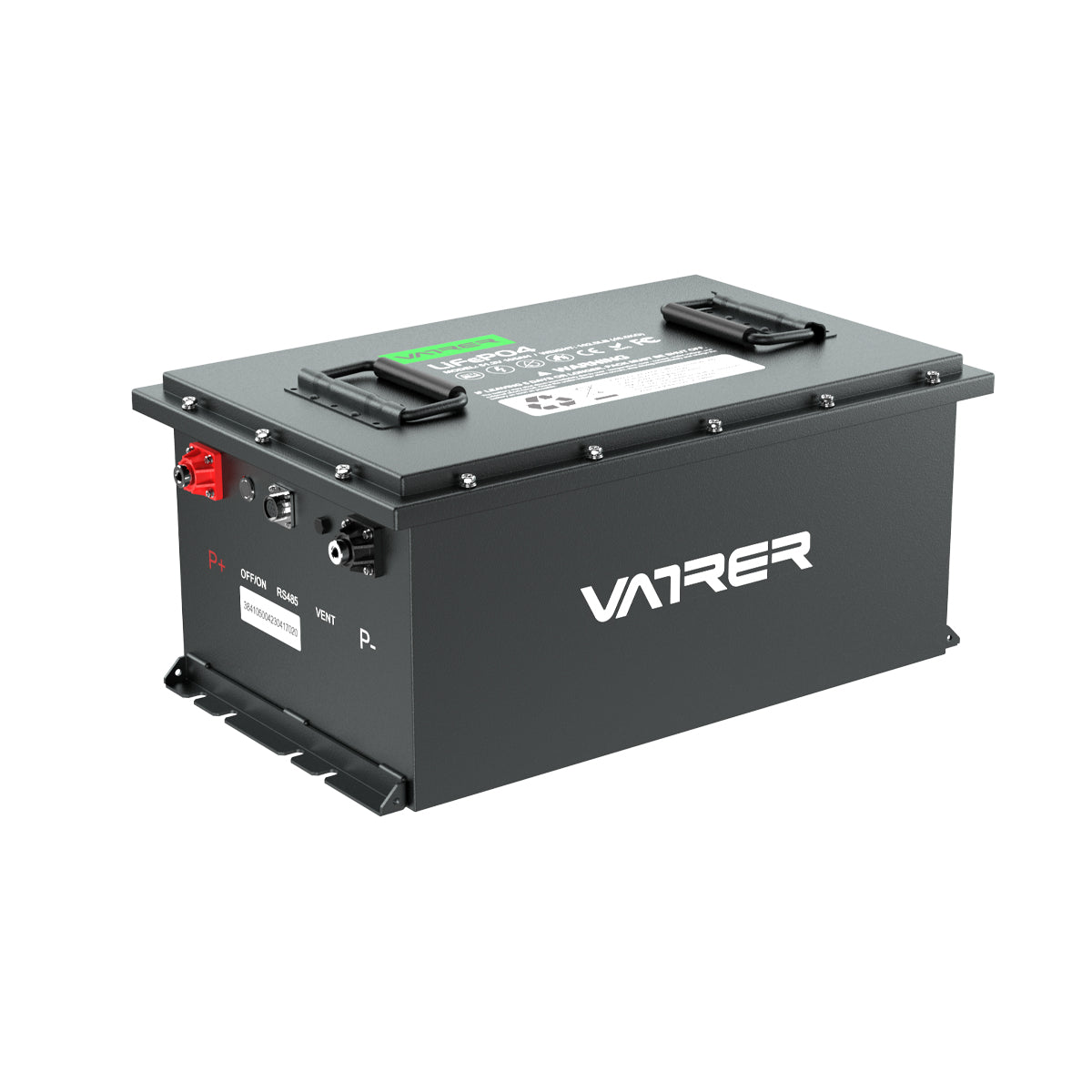
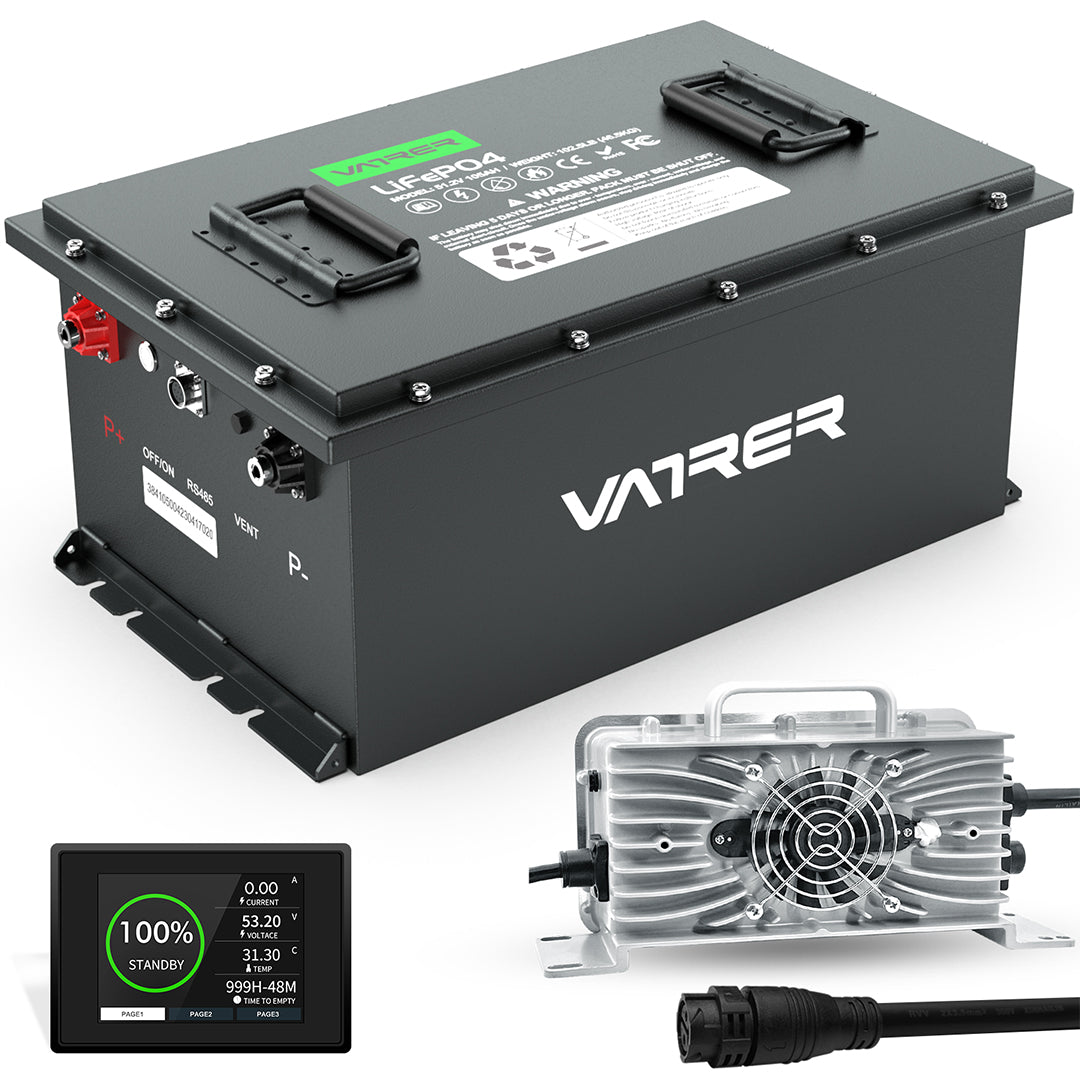
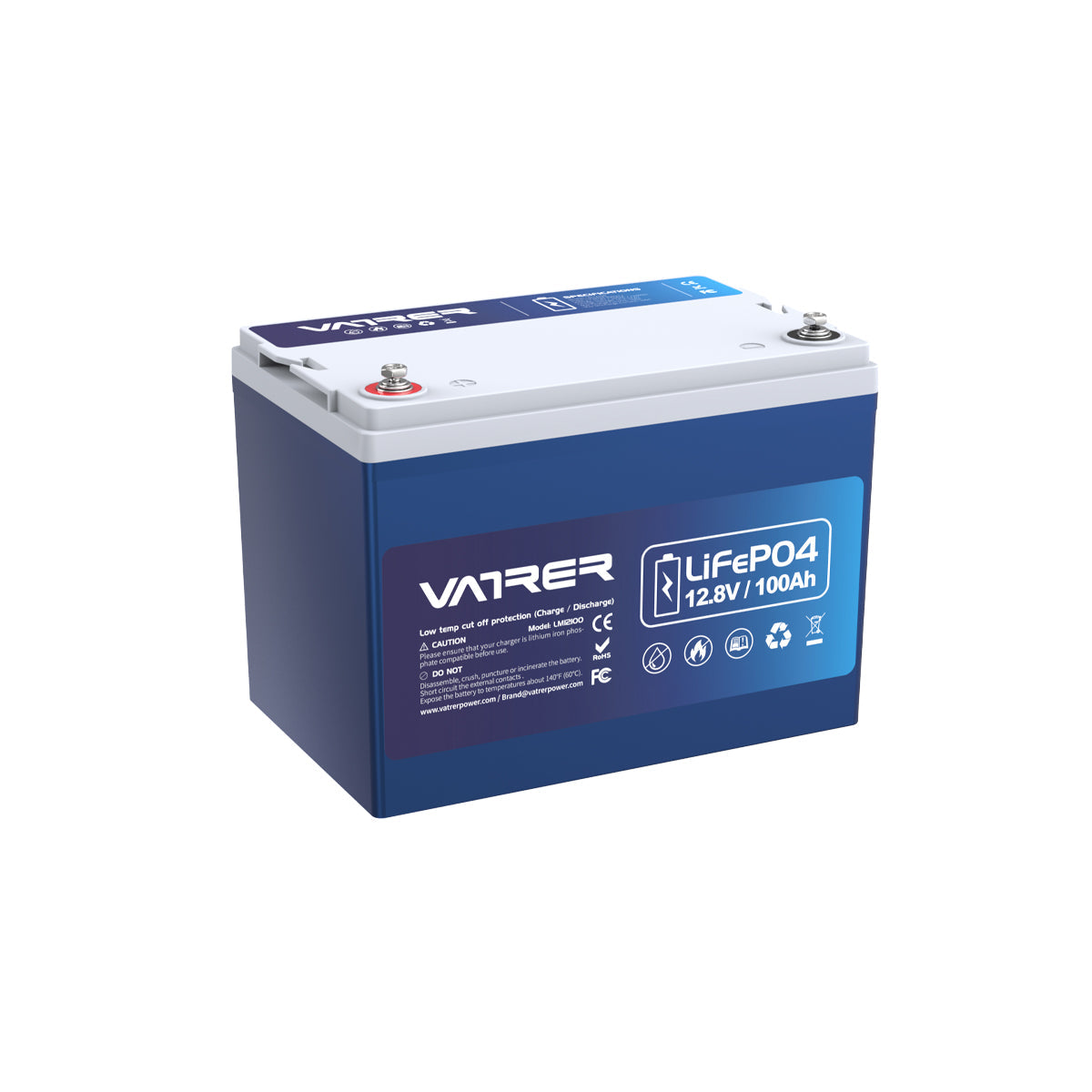
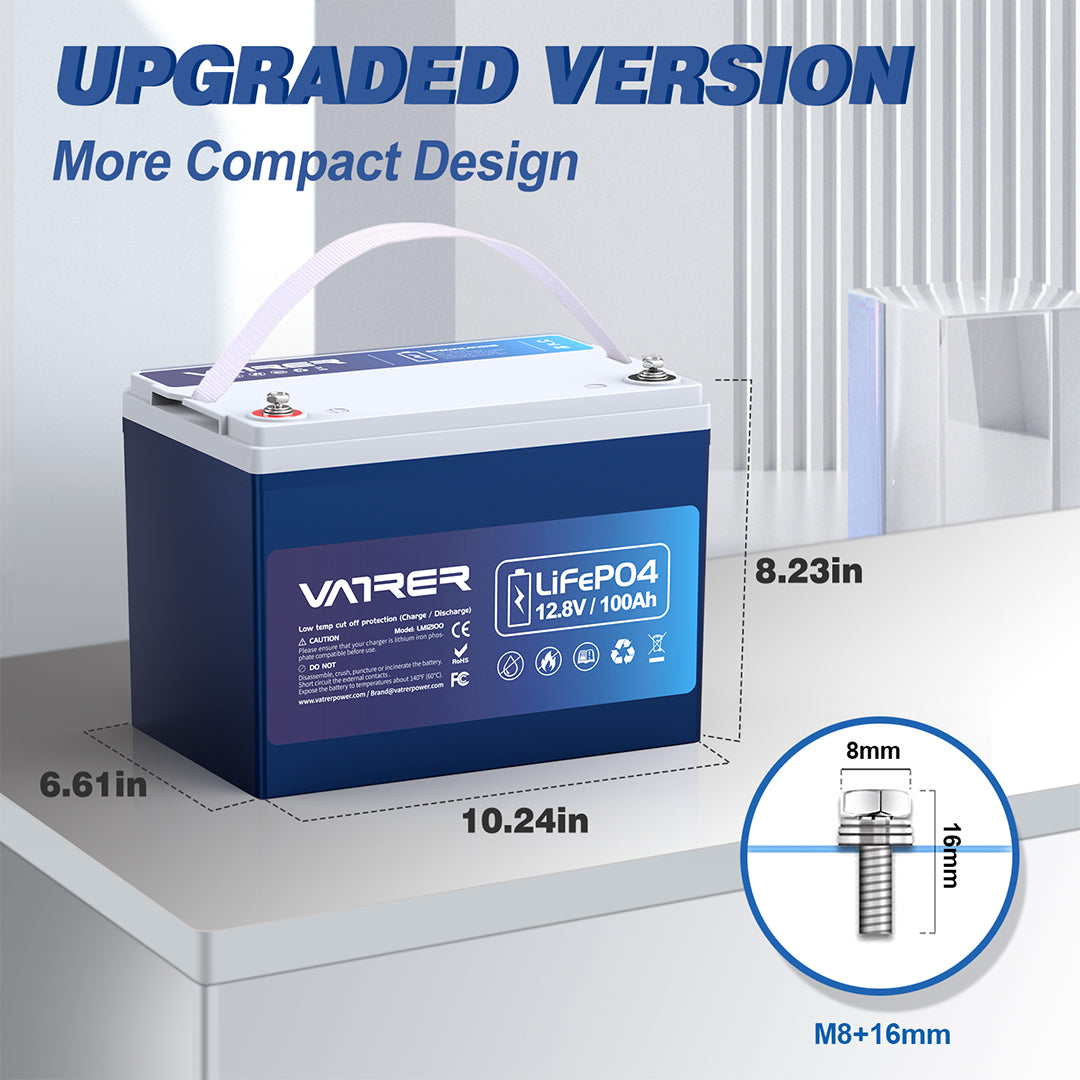
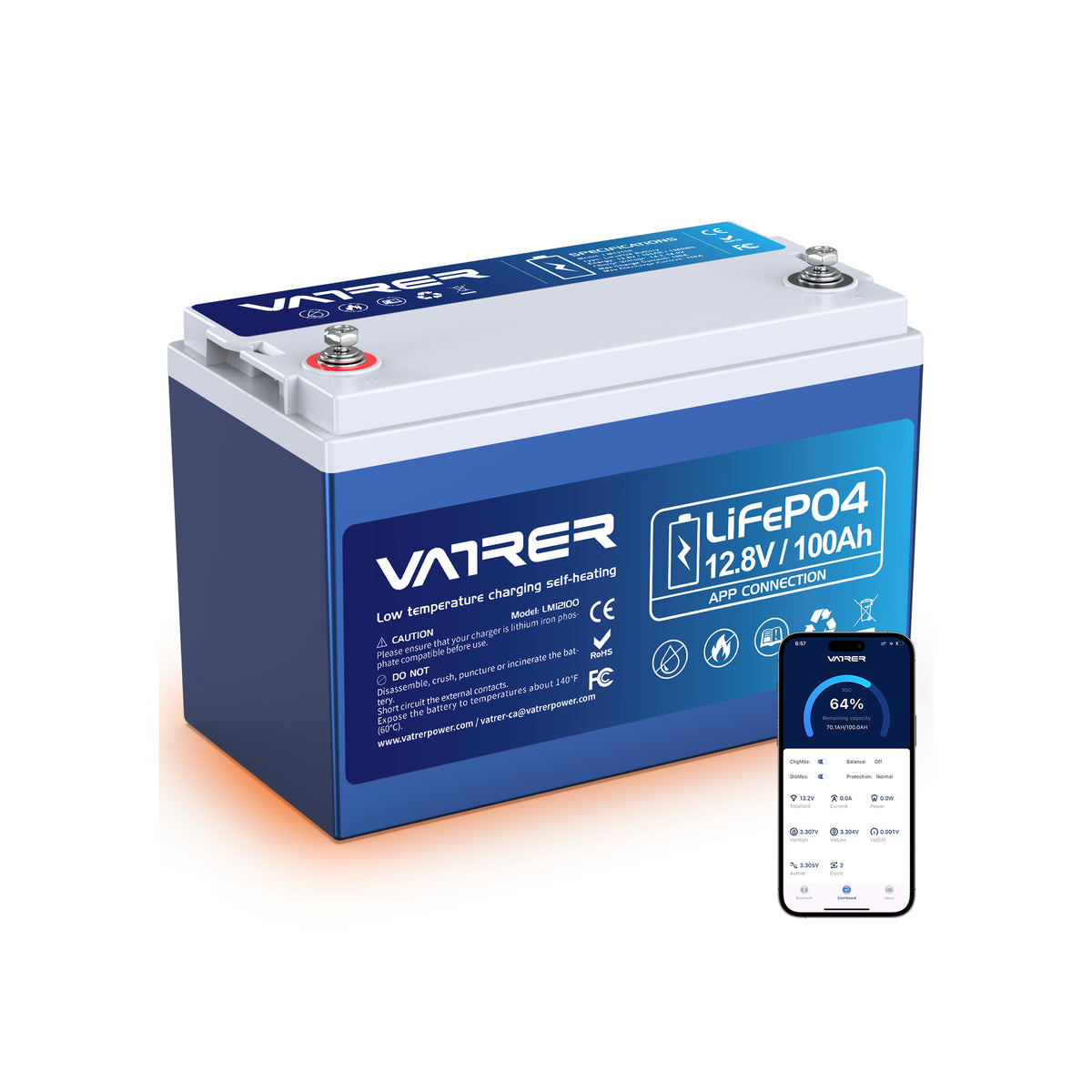
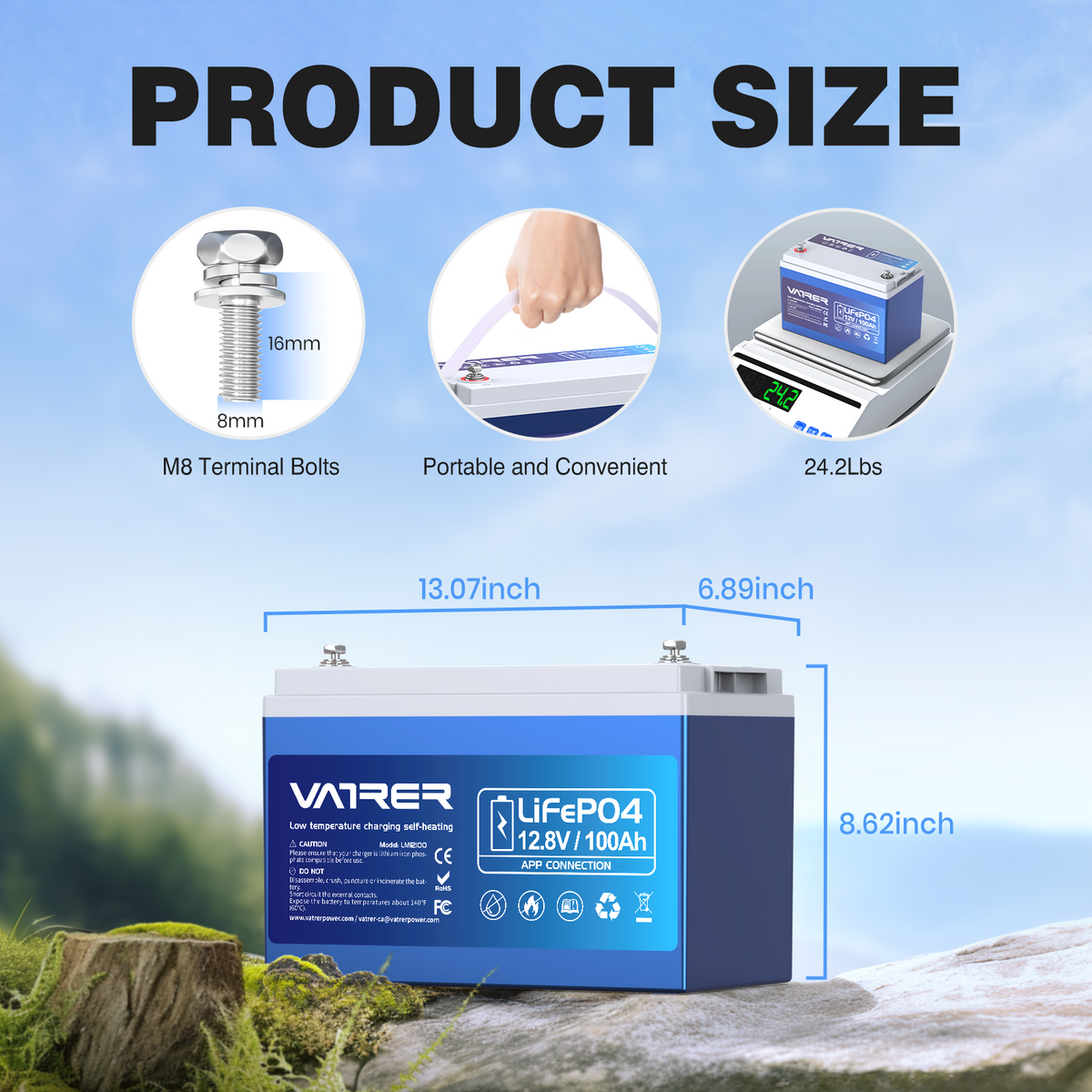
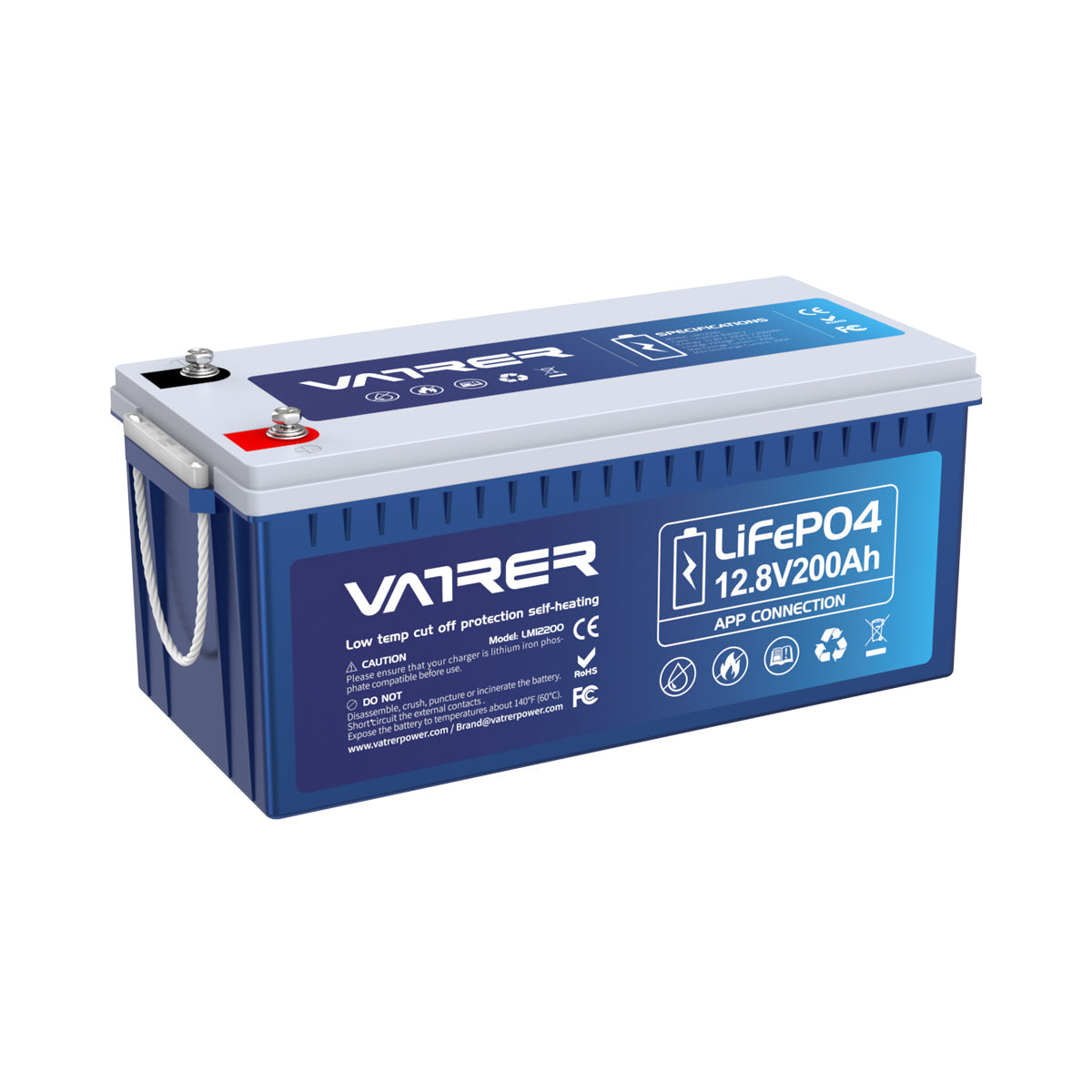
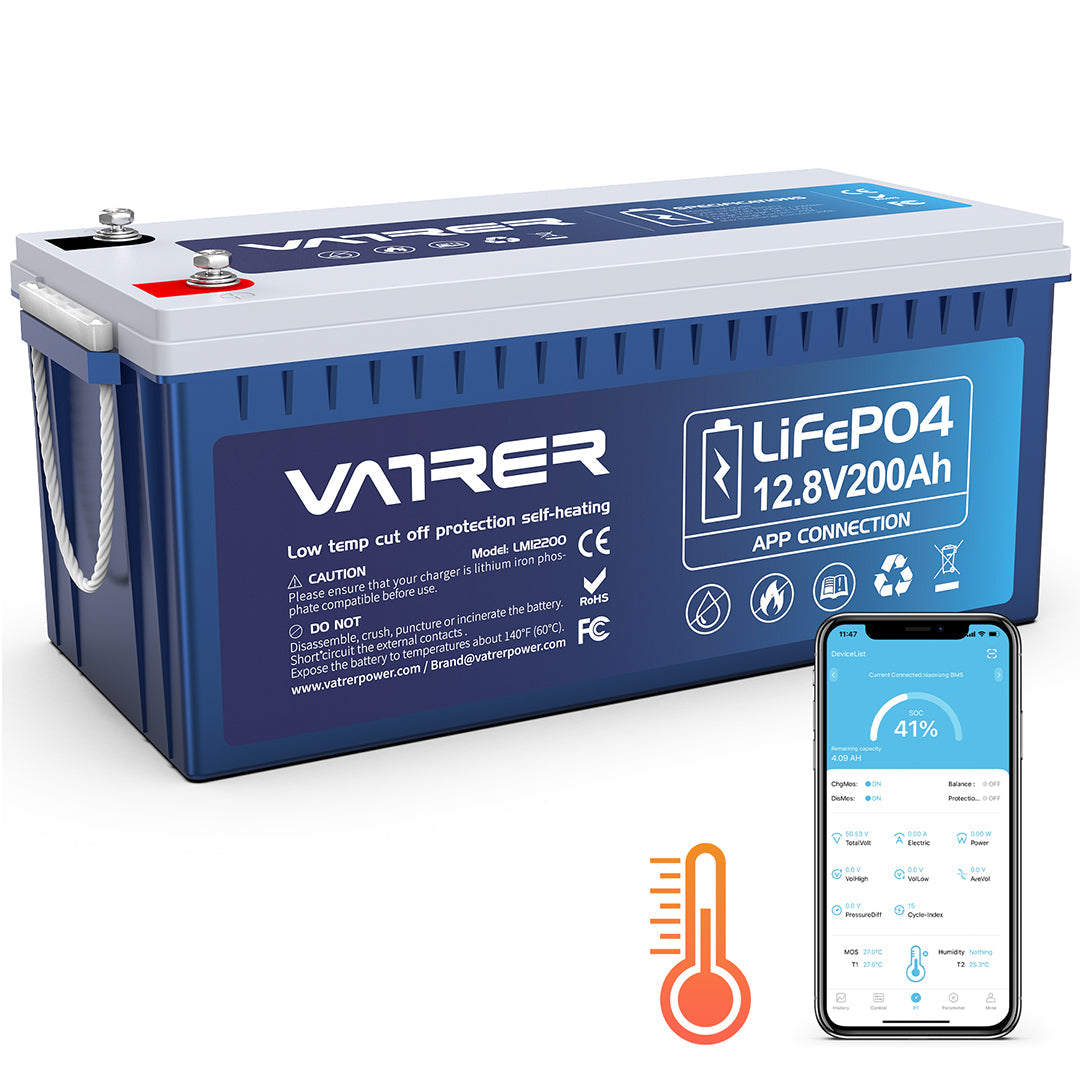
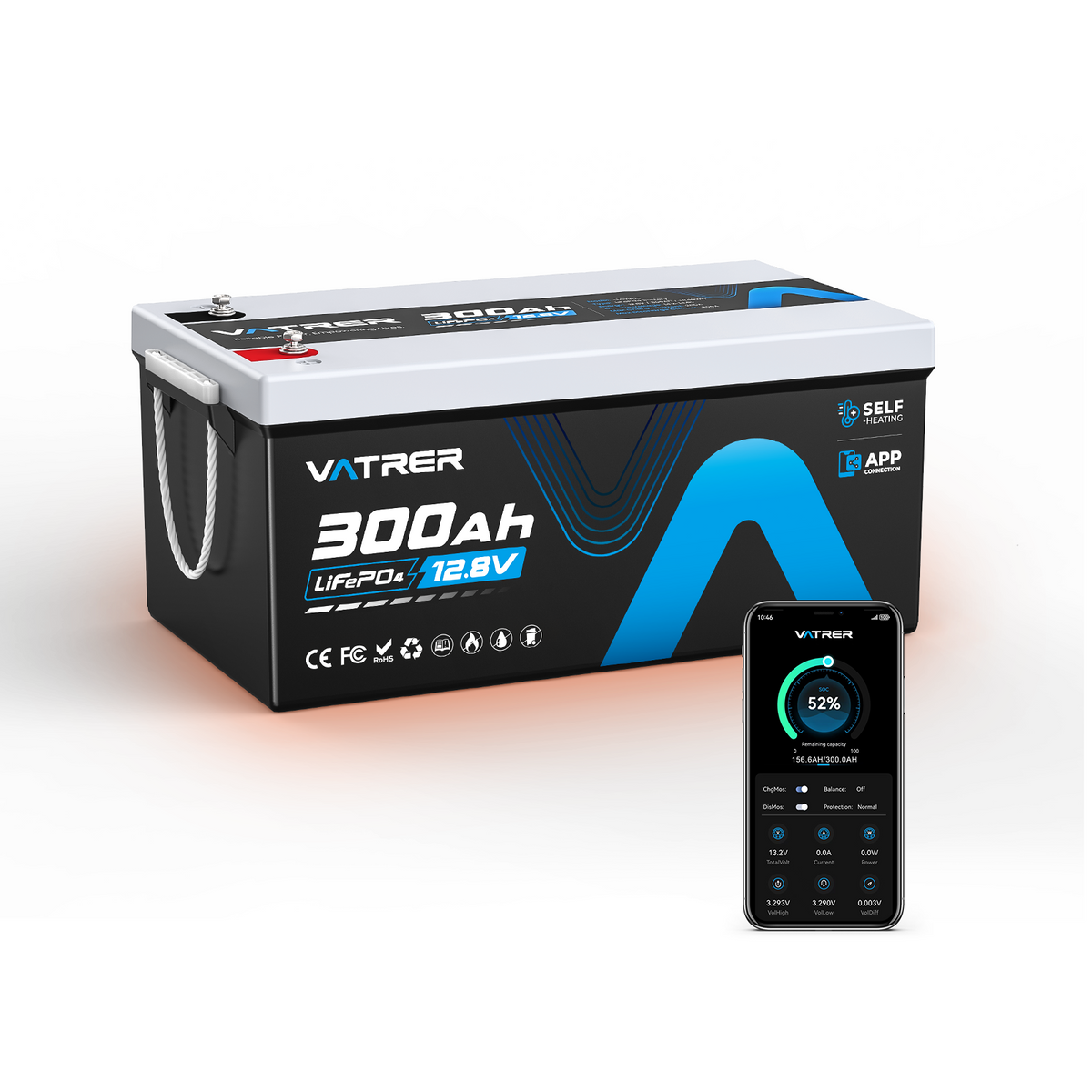
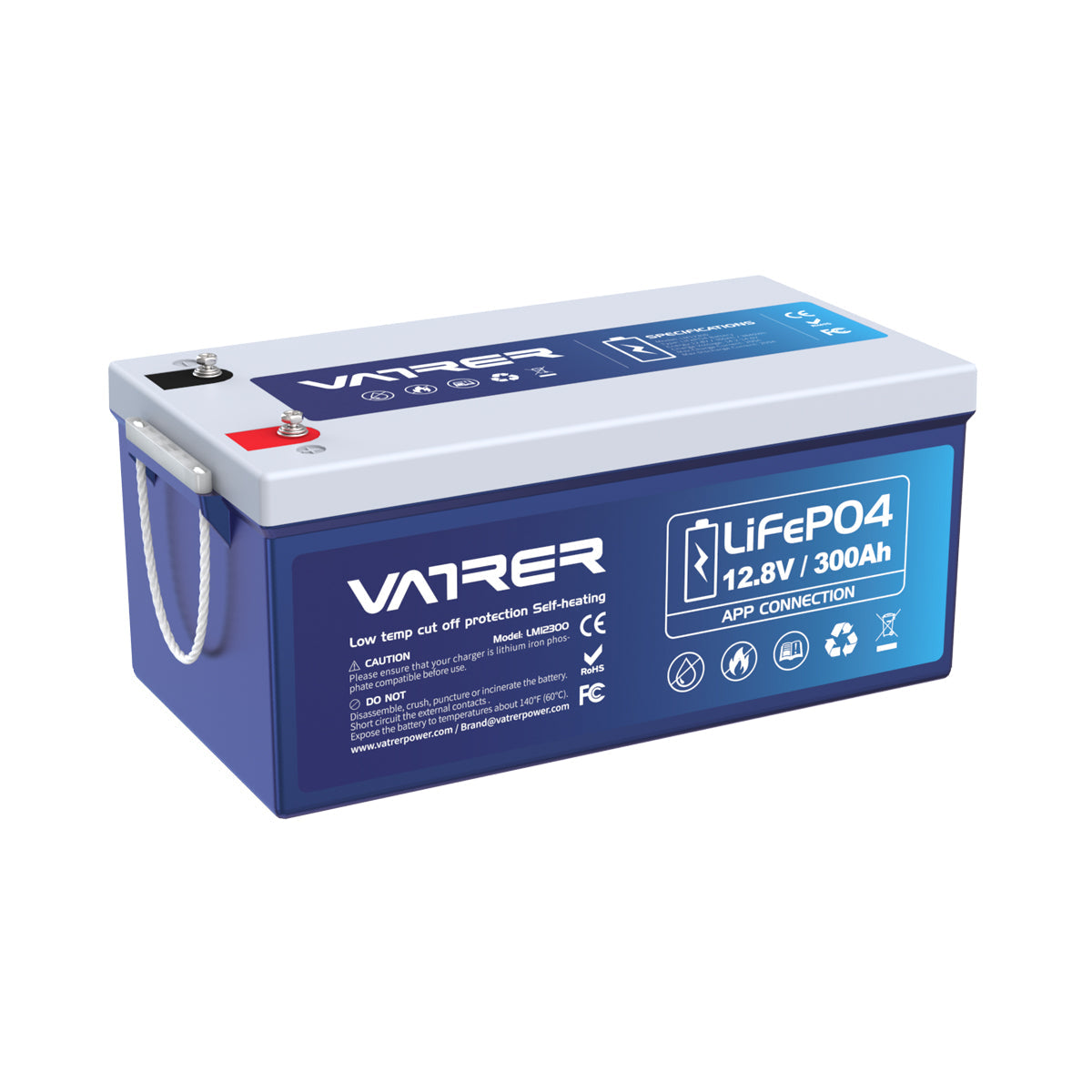

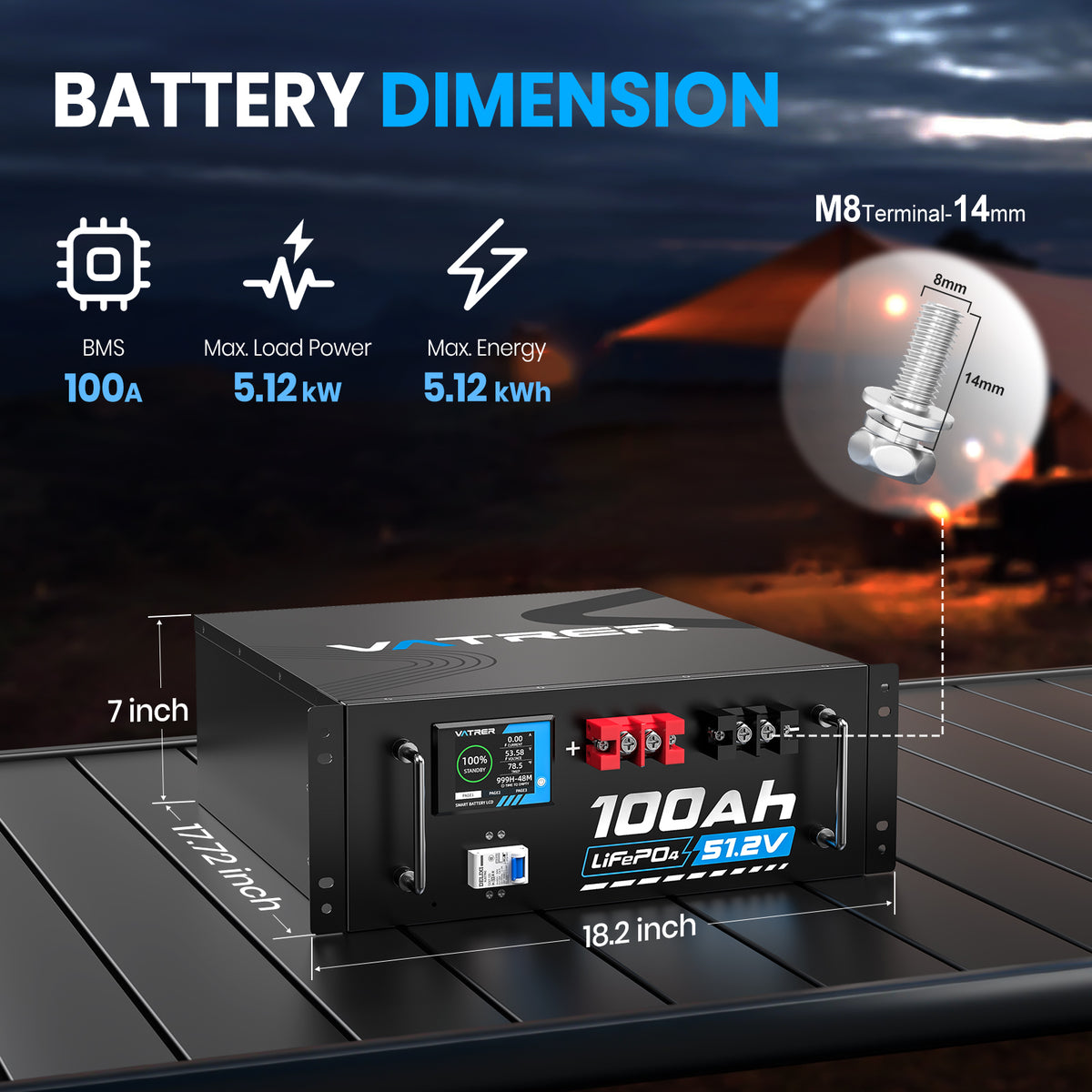
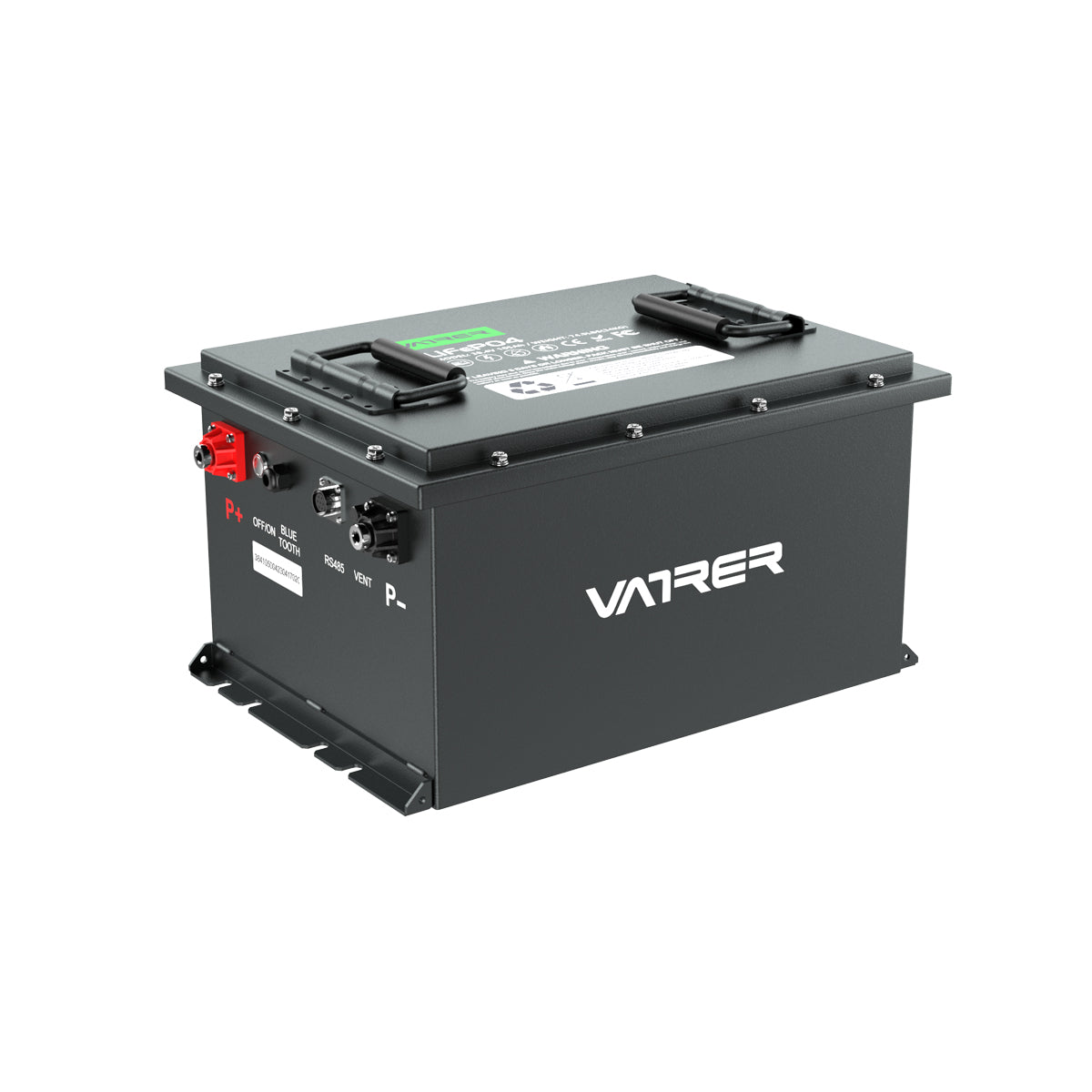
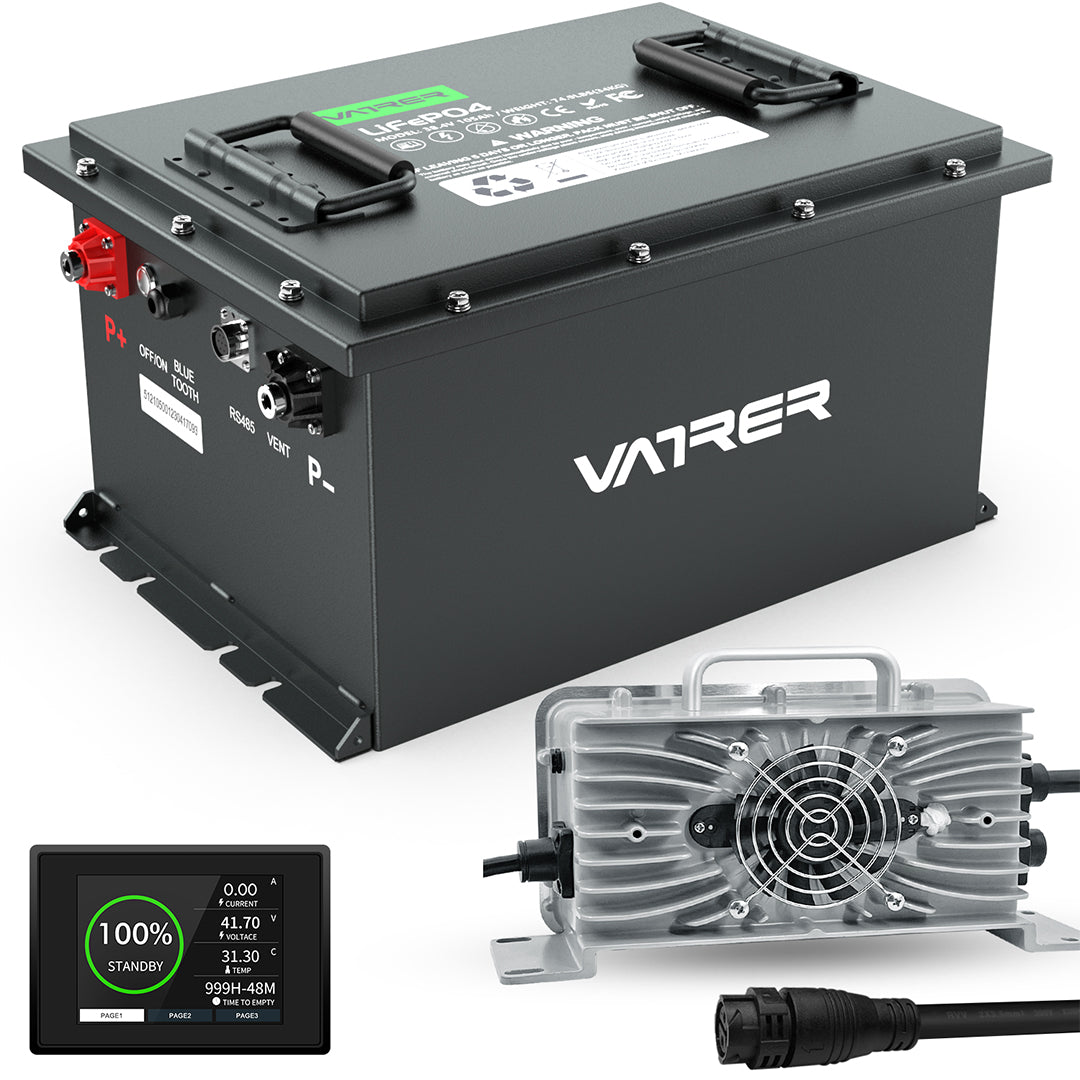
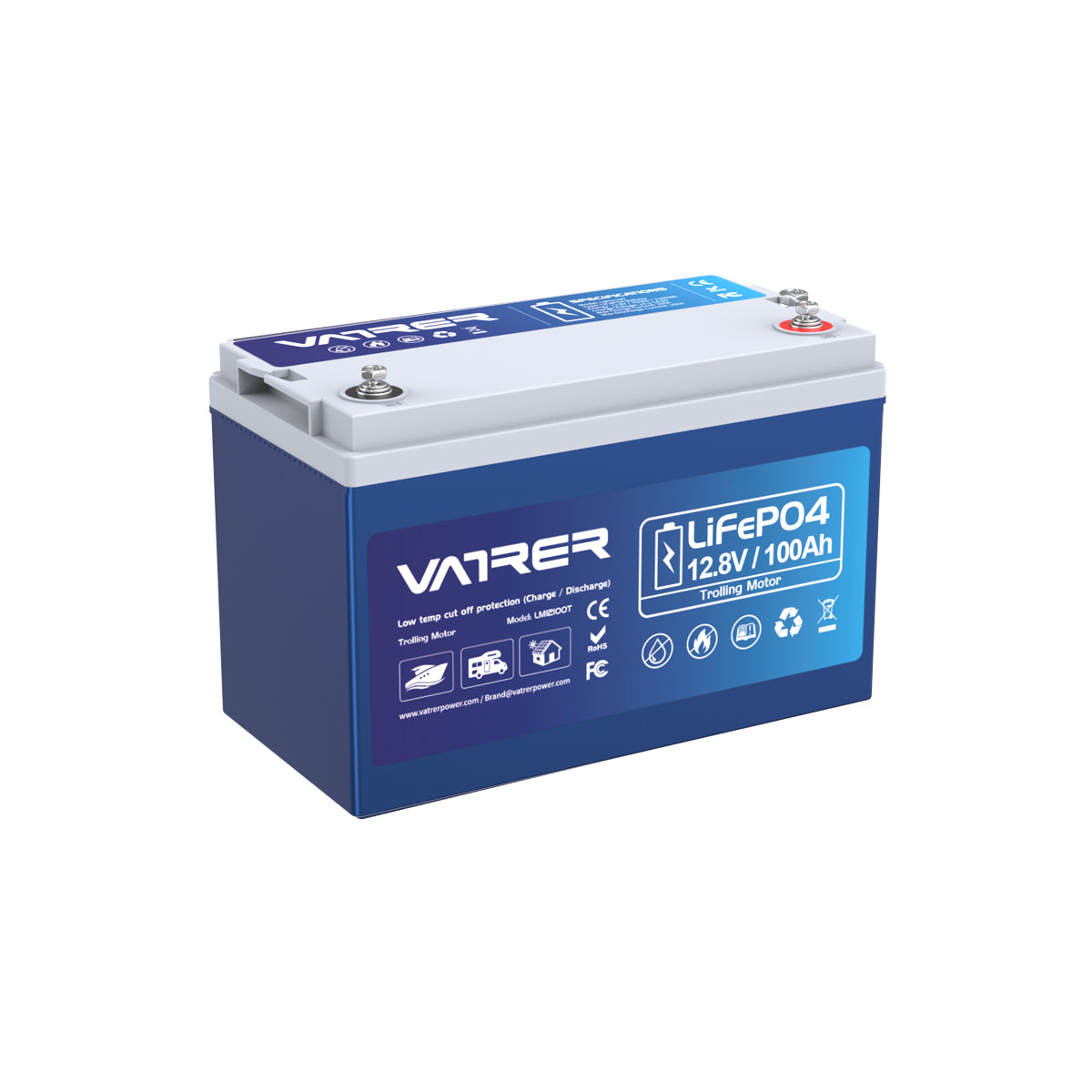
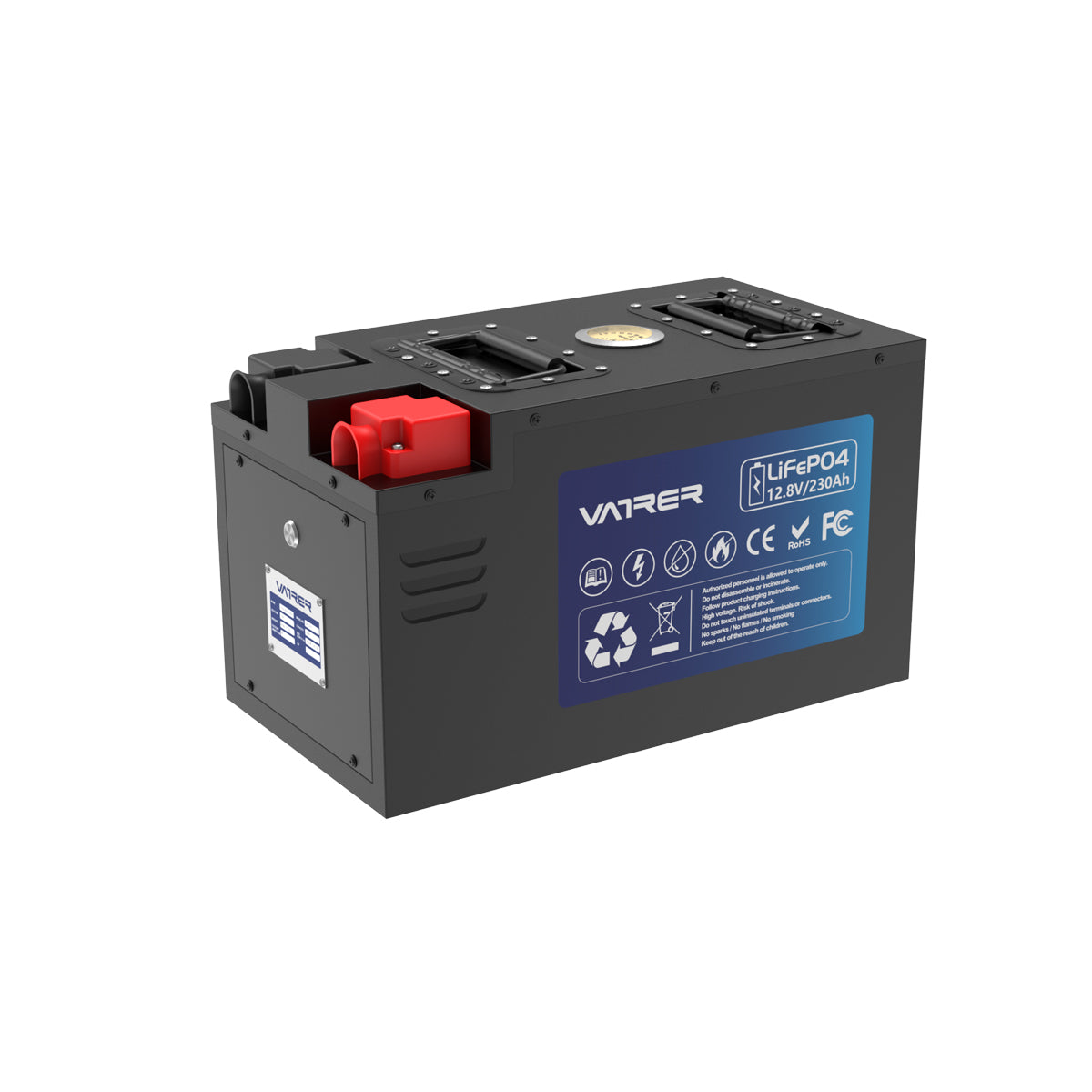
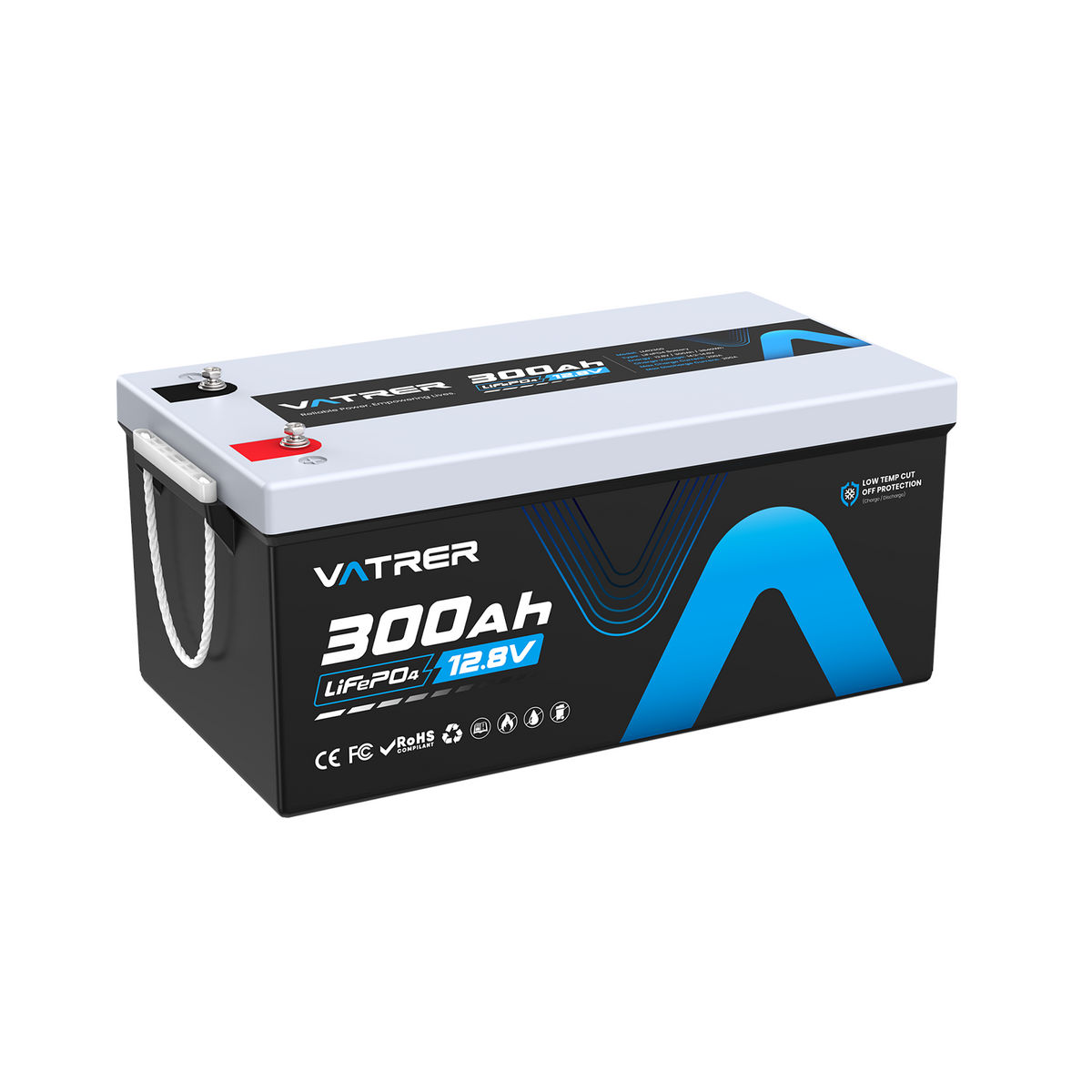
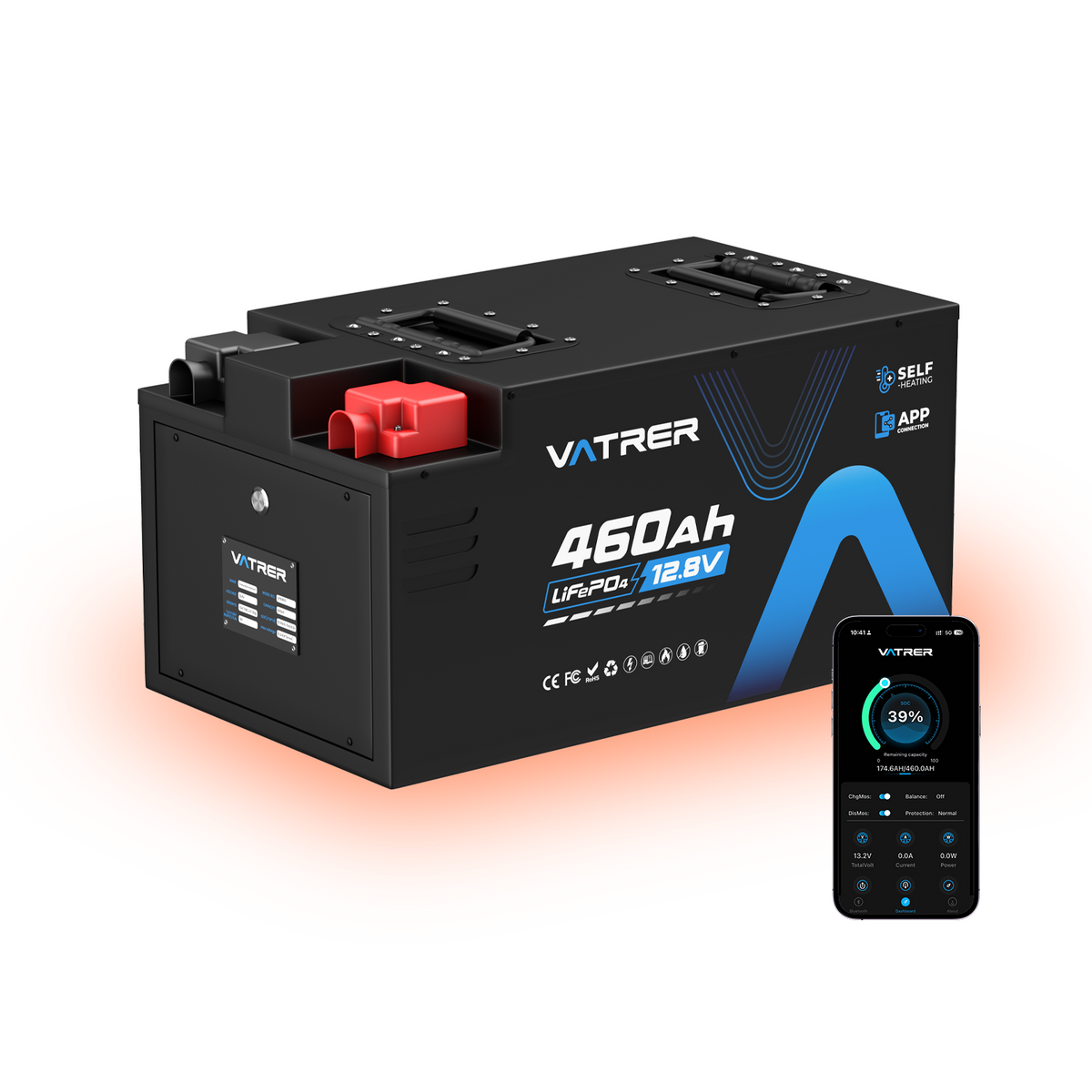

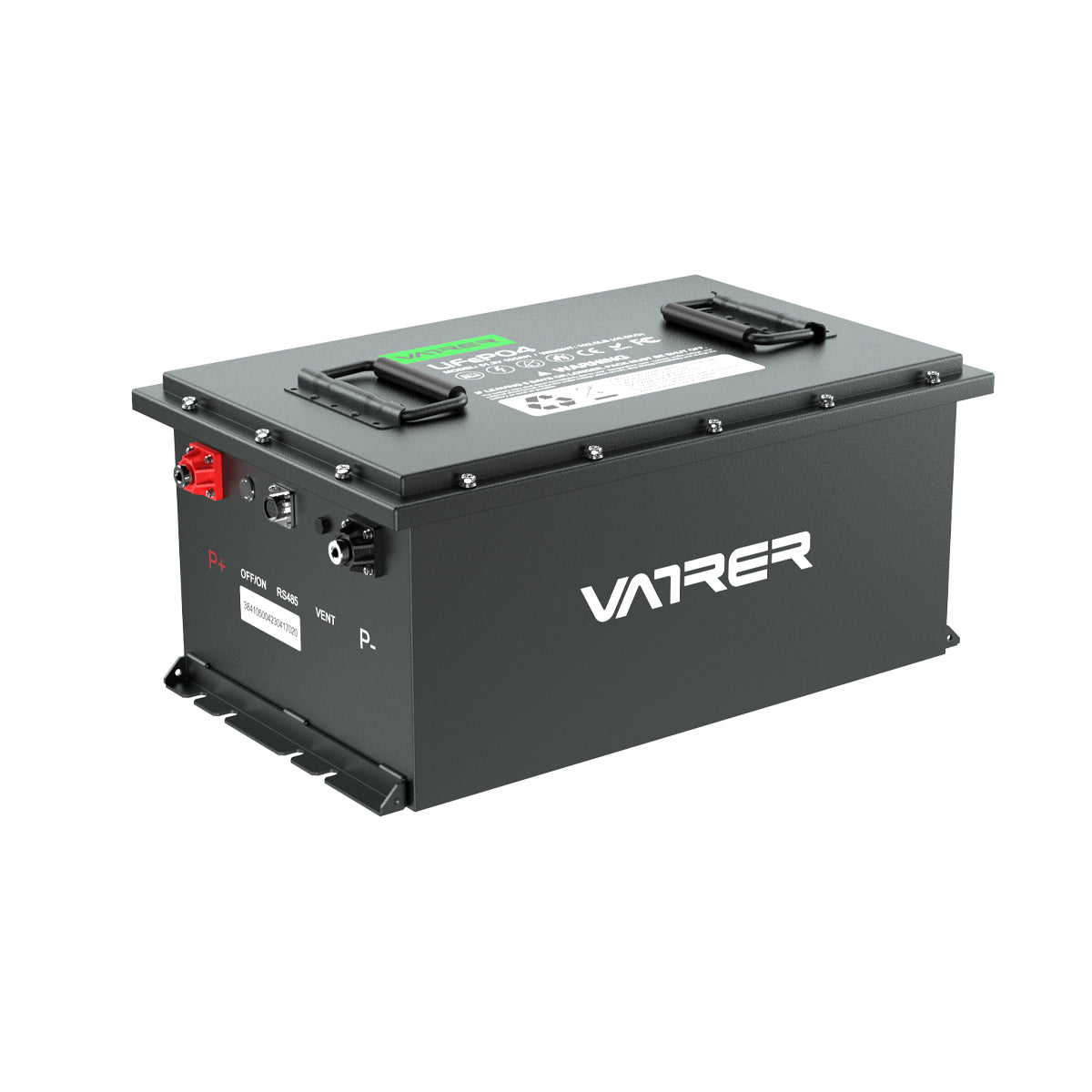
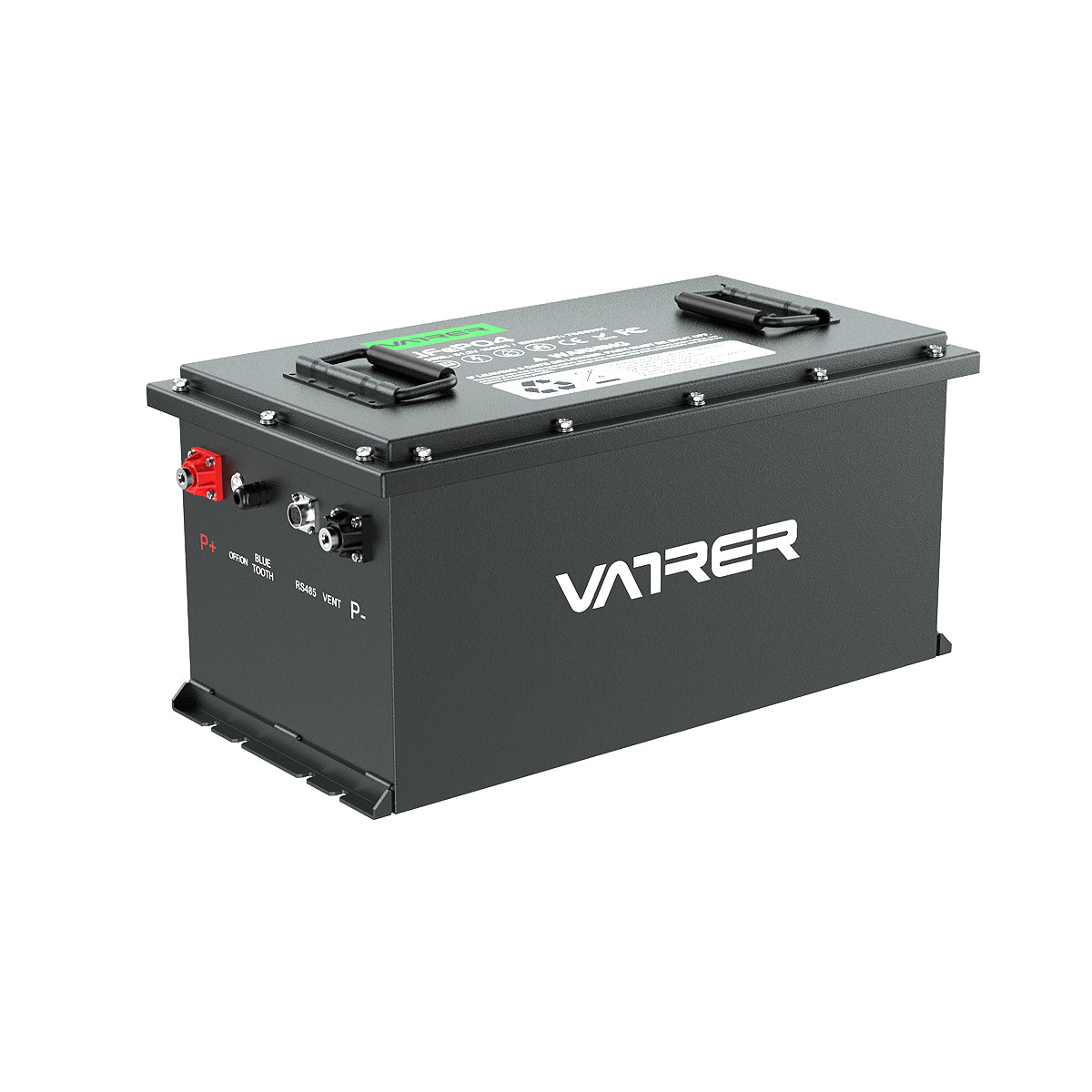
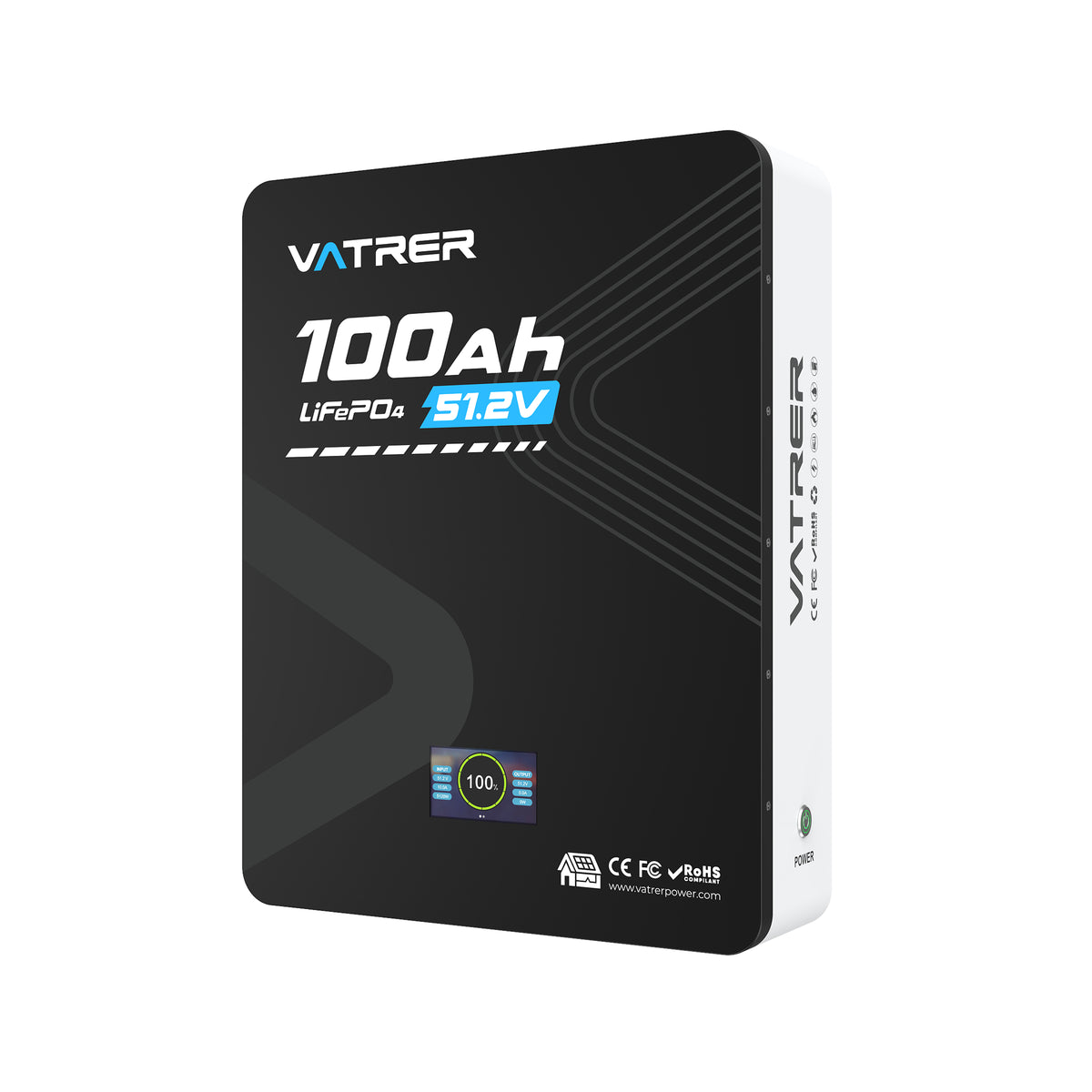
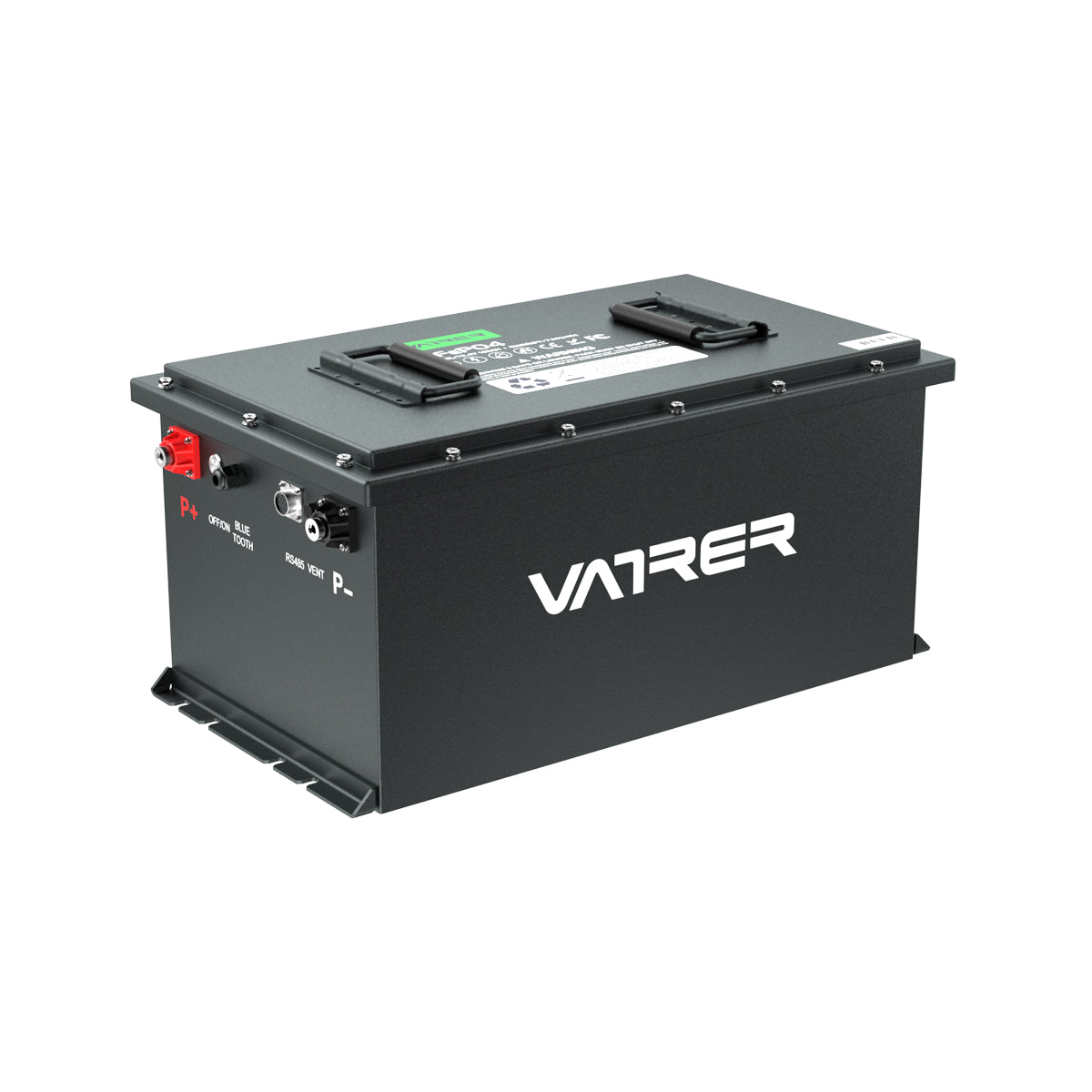


1 comment
株式会社フクザワ・オーダー農機
弊社の長いも播種機に48Vシステムの太陽光発電システムを
搭載して、100AHのディープサイクルバッテリーを4本直列で
使用しております。
この代替バッテリーとして使用する事は可能でしょうか?
また、可能であれば弊社に業販は可能でしょうか?
その場合の仕切り価格も教えて下さい。
よろしくお願いします。
弊社の長いも播種機に48Vシステムの太陽光発電システムを
搭載して、100AHのディープサイクルバッテリーを4本直列で
使用しております。
この代替バッテリーとして使用する事は可能でしょうか?
また、可能であれば弊社に業販は可能でしょうか?
その場合の仕切り価格も教えて下さい。
よろしくお願いします。